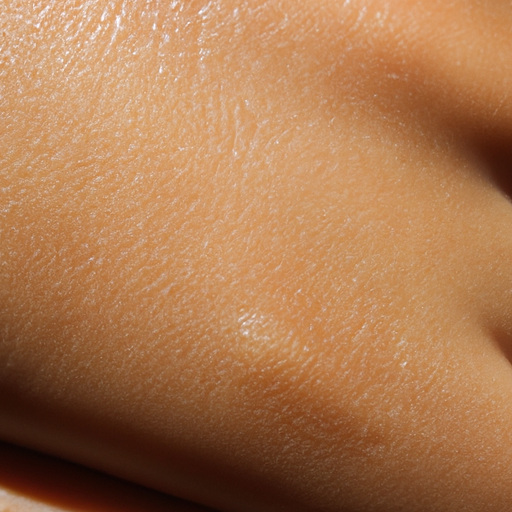As a medical professional, I often encounter patients who are troubled by oily skin. This common skin condition can lead to acne breakouts, enlarged pores, and a shiny complexion, which can significantly affect one’s self-esteem. Fortunately, with the right skincare regimen and lifestyle changes, you can manage oily skin effectively. Here are seven expert tips to help you combat oily skin.
1. Cleanse Regularly: The first step in managing oily skin is regular cleansing. Use a gentle, oil-free cleanser twice a day to remove excess oil and dirt from your skin. Avoid harsh soaps or cleansers as they can strip your skin of its natural oils, causing it to produce more oil to compensate.
2. Exfoliate: Exfoliating helps remove dead skin cells that can clog pores and lead to increased oil production. However, it’s essential not to overdo it. Over-exfoliation can irritate your skin and stimulate oil production. Aim to exfoliate once or twice a week with a product suitable for oily skin.
3. Use Oil-Free and Non-Comedogenic Products: Non-comedogenic products are designed not to clog pores, which is crucial for people with oily skin. Opt for oil-free moisturizers and sunscreens to prevent your skin from becoming overly greasy.
4. Stay Hydrated: Drinking plenty of water helps maintain your skin’s moisture balance and aids in detoxification, which can help control oil production. Aim for at least eight glasses of water per day.
5. Maintain a Healthy Diet: What you eat can significantly impact your skin’s health. A diet rich in fruits, vegetables, whole grains, and lean proteins can help improve your skin’s appearance and reduce oil production. Try to limit your intake of fried foods, sugary snacks, and dairy products, which can stimulate oil production.
6. Use Blotting Papers: Blotting papers are a great tool for managing oily skin throughout the day. They can quickly absorb excess oil from your skin’s surface without drying it out. Keep a pack in your purse or desk drawer for quick touch-ups during the day.
7. Consult a Dermatologist: If you’ve tried various remedies and still struggle with oily skin, it may be time to consult a dermatologist. They can provide personalized advice and prescribe treatments such as topical retinoids or oral medications to help manage your oily skin.
Remember, everyone’s skin is different, and what works for one person may not work for another. It may take some trial and error to find the right combination of products and lifestyle changes that work for you.
Moreover, while oily skin can be frustrating, it also has its benefits. People with oily skin tend to have thicker skin and fewer wrinkles. The key is to strike a balance where your skin is neither too dry nor too oily.
In conclusion, managing oily skin involves a combination of regular cleansing, exfoliation, using the right skincare products, staying hydrated, maintaining a healthy diet, using blotting papers, and seeking professional help when needed. With these expert tips, you can effectively combat oily skin and banish the shine for a healthier, more radiant complexion.



